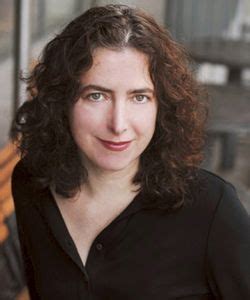A Quote by Diana Abu-Jaber
I'm constantly at war with myself to quit goofing around, and the internet hasn't helped that any. I've learned that I have to be sort of exploitive about seizing moments to write. Luckily, I still write most of my first drafts by hand, so I often work in bed when I can't sleep.
Related Quotes
I had written eight drafts of the Lemony Snicket' screenplay when this changing-of-the-guard thing happened, and I said to the new producers, "I don't think I could write any more drafts." I guess I was sort of hoping they would say, "Well that's okay, this last one is perfect." But instead, they said, "It's funny you should say that. We don't think you can write any more drafts either."
I'm not typing. I write only by longhand. I've always written first drafts by hand and then once I was into a second or third draft I wrote insert pages on a typewriter. But I got rid of all my typewriters about three or four novels ago and now I do everything by hand. I write by hand because it makes me go slow and going slow is what I like.
I'm a morning person because I learned to write my novels while still practicing law. I would get to the office at 6:30 a.m. and write until other people arrived, around 9. Now I still do that. I start at 6:30 or 7, and I'll write until 11, then take an hour off, then work until about 2 p.m. By then my brain has had enough.
No music. No rituals. At home I write in my office or on the laptop in the kitchen where our puppy likes to sleep, and I love his company. But I've trained myself to be able to work anywhere, and I write on trains, planes, in automobiles (if I'm not the driver), airports, hotel rooms. I travel often. If I couldn't write wherever I was I would get little done. I also can write in short bursts. Fifteen minutes are enough to move a story forward.
I write my first draft by hand, at least for fiction. For non-fiction, I write happily on a computer, but for fiction I write by hand, because I'm trying to achieve a kind of thoughtless state, or an unconscious instinctive state. I'm not reading what I write when I wrote. It's an unconscious outpouring that's a mess, and it's many, many steps away from anything anyone would want to read. Creating that way seems to generate the most interesting material for me to work with, though.


































